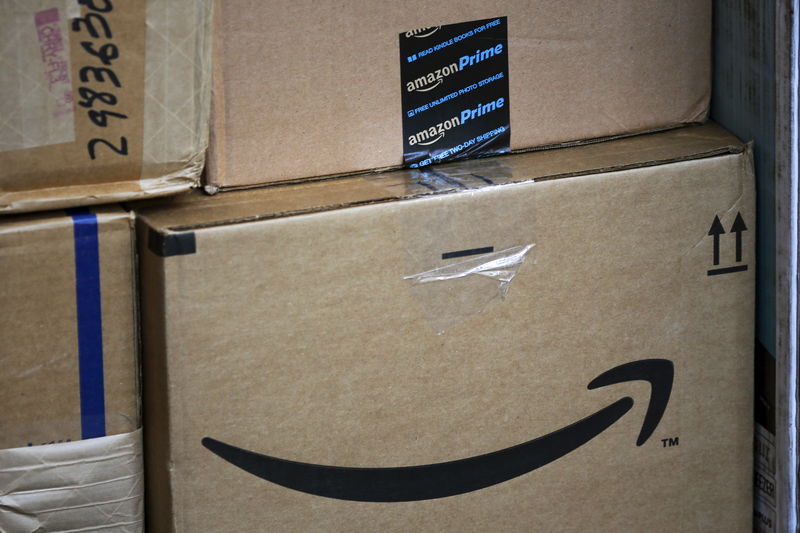This post was originally published on this site
https://i-invdn-com.investing.com/trkd-images/LYNXMPEJ210WI_L.jpg
NEW YORK (Reuters) -Major U.S. retailers including Best Buy, Walmart (NYSE:WMT) and Amazon (NASDAQ:AMZN) are increasing their offerings of healthcare and health-related products as inflation-wary Americans shift more of their budgets to services and away from goods.
Electronics retailer Best Buy recently kicked off a partnership with Atrium Health, part of Advocate Health, one of the country’s largest nonprofit hospital systems, Best Buy Chief Executive Officer Corie Sue Barry announced Thursday on a call with analysts.
The partnership combines Atrium’s hospital-at-home program with Best Buy’s technological services, she said.
Also on Thursday, Walmart announced plans to open 28 new health centers in Texas, Arizona and Missouri, bringing the national total to more than 75 locations.
Amazon, meanwhile, completed a $3.5 billion acquisition of primary care provider One Medical in February as it too expands aggressively into the sector.
The growing interest in health care among some of the country’s largest retailers comes as American consumers pull back on discretionary purchases in the face of persistent inflation.
That puts retailers in a business rife with challenges. Amazon’s push into healthcare some five years ago has yet to disrupt longstanding industry practices or reap windfalls from its virtual pharmacy and other programs.
Best Buy Chief Financial Officer Matthew Bilunas, however, predicted continued growth of the company’s health services would contribute to gross profit rate expansion even as it anticipates cooling demand throughout 2023.
Best Buy’s comparable sales declined 9.3% over the holiday quarter, slightly above Wall Street expectations. Demand for computers, home theater equipment, appliances and cell phones were particularly soft, driven by higher consumer spending on essentials like food and fuel.
“When the basics are where that sustained inflation is, it does mean the customer is going to make trade-off decisions,” CEO Barry said on the call.
Best Buy has been investing heavily in health care services over the last few years as an alternative revenue stream to electronics sales, and has made several acquisitions in the sector, the most notable being its $800 million purchase of senior-citizen focused GreatCall Inc in 2018.
In 2021, the company also bought Current Health, a home-care technology platform that offers monitoring through wearable devices.
“The role of technology within health care is becoming more important than ever, and our strategy is to enable care at home for everyone,” Barry said.
New sign-ups for Best Buy’s health services are expected to help drive a 40 to 70 basis point improvement in gross margins this year, despite lower sales. To save costs, the company is also removing some features from its tech-focused membership services, including free same-day delivery.
“It’s a very profitable business,” said Hilding Anderson, vice president and head of retail strategy for consulting firm Publicis Sapient.
“The margins you can make in some of the wellness and health product categories has become pretty significant. It also drives the foot traffic in physical stores and that’s the primary revenue source for most of these retailers.”
Both Walmart and Amazon also forecast lower-than-expected annual profits as consumers pull back on spending and gravitate toward lower-priced private label brands for essentials.
Health spending – projected to reach $5.2 trillion nationally by 2025, according to the U.S. Centers for Medicare and Medicaid Services – has become an alluring growth avenue for some retailers.
In addition to its investment in One Medical, Amazon has added a generic drug subscription add-on as a way to attract new business.

